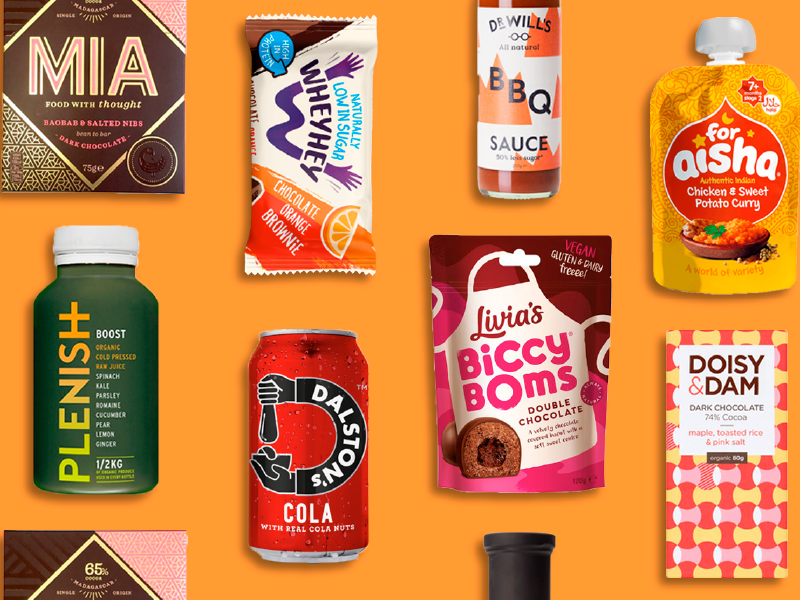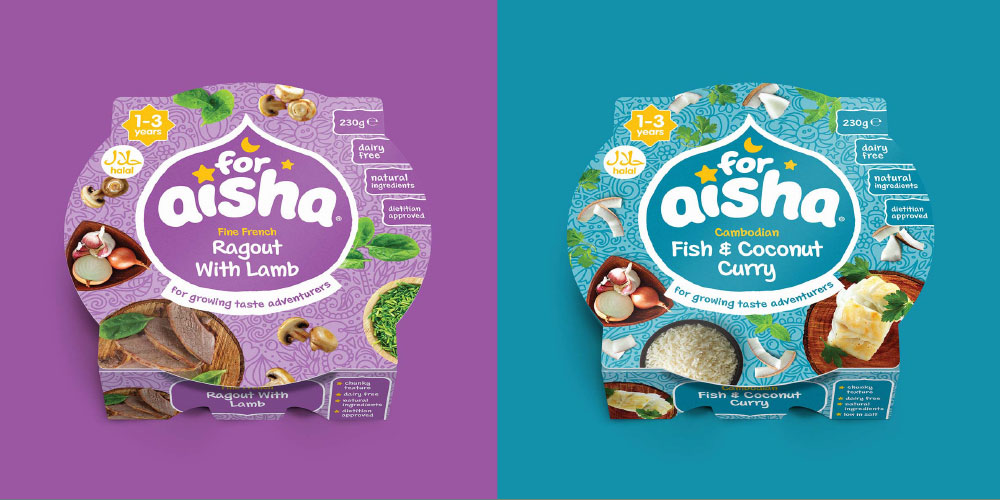
23 May 2019 /
How is honesty key to food start-ups’ success?
Author: Lara Doherty
Start-ups. Challenger brands. Disruptive brands. However you term these “David” brands in the David and Goliath analogy, they have been piling pressure on the big boys in Food and Beverage for years. Forcing them to innovate, think differently and be quicker on their toes in terms of speed to market.
These brands to watch are said to think outside the box. To think differently. To have a vision of a future that requires a change. Often implying they have an engineered brand strategy behind them and a keen eye on the pound too.
In our experience, the truth is that their vision, thinking and drive for change is born more from a personal frustration with what is on offer and first-hand experience of that offer simply not being good enough. Their ambitious goals, commitment and passion is because, more often than not, these brands are born from an honest place with an honest belief that what they can provide is better, worth it and worth fighting for.
Starting from an honest place, we believe, is core to why many food start-ups reap rewards and here’s why:
1. Honesty is built into their brand narrative
A Founder’s personal, honest story serves a start-up well. It’s what resonates with people. It’s what taps into others shared gripes, experiences, views and values.
Starting a brand from such a position of honesty and transparency is something that Champion brands simply can’t replicate and the personal, back story is frequently the key to start-ups differentiation.
Take Livia’s for example – the Vegan, Gluten and Diary free treats. Frustrated that nothing sweet on the market catered to her own food intolerances, the founder, Olivia Wollenberg created Livia’s. Today, Livia’s has 4 product ranges listed in some of the UK’s major retailers.
2. Personal, honest insight is weaved into their core messages
Naturally springing up from an honest belief for change means start-ups are immediately closer to a consumer insight than many Champion brands research and development teams can be.
Take our client, For Aisha, as an example. The no. 1 halal baby food brand sprung from the fact that many of the Founder’s Muslim friends were weaning their children on high lactose diets due to the lack of halal baby food. He knew first-hand the challenges faced and had a community of friends to sound these out. We were able to craft his first-hand insights to give his messaging shelf standout.

3.Honest feedback is gathered at grassroots
Believing change is needed does not translate into deep pockets. Yet these financial limitations need not always be a restraint. It means that small batches are produced. Small print runs made. Branding evolved. Products sampled at the coal face. Founders meeting their customers face-to-face and hearing feedback straight from the horses mouth.
Doisy & Dam credit their customers to almost designing their own chocolate. “We got a really good idea of exactly what our customer was looking for from sampling. We were able to use this info to refine our product offering, almost letting the customers design their own chocolate. We ended up having a very smooth concept to launch as a result of this constant iteration.” This gives start-ups a test, learn and refinement schedule that leave Champion brands lagging.
4. Honest transparency builds trust & loyalty that Champion brands can only aspire to
Brands to watch frequently approach a need by focusing on people first, not profit. This earns a trust that is built naturally. That isn’t engineered. A respect that is earned for what the brand is seeking to achieve. This builds a pool of ambassadors organically that become loyal quickly.
Loyal customers can grow businesses faster than any marketing and they buy products consistently, tell their friends and drive referrals. It’s a cycle that mushrooms.
This trust and affection far outweighs the potential for a consumer to be lured by a lower price or alternative product offered by a champion brand.
If we very crudely take Instagram followers as a measurement of loyalty, Pip and Nut’s organic nut butter has 102k followers. Sun Pat has 697.
Food start-ups are transforming the Food & Beverage sector. Making the state of the industry, and what’s on offer over time, a whole lot more honest. Long may it continue.